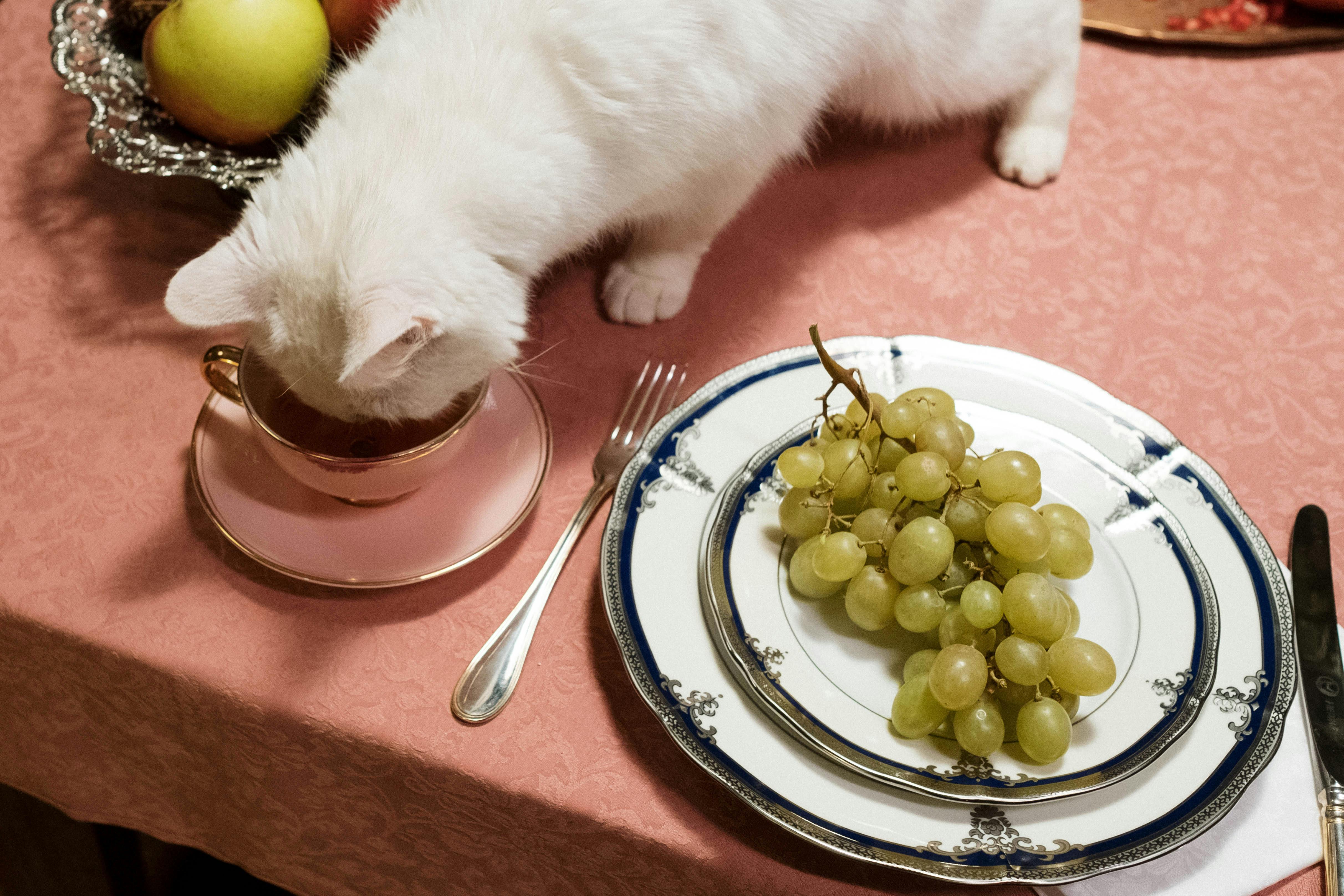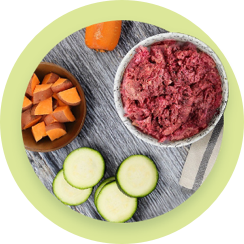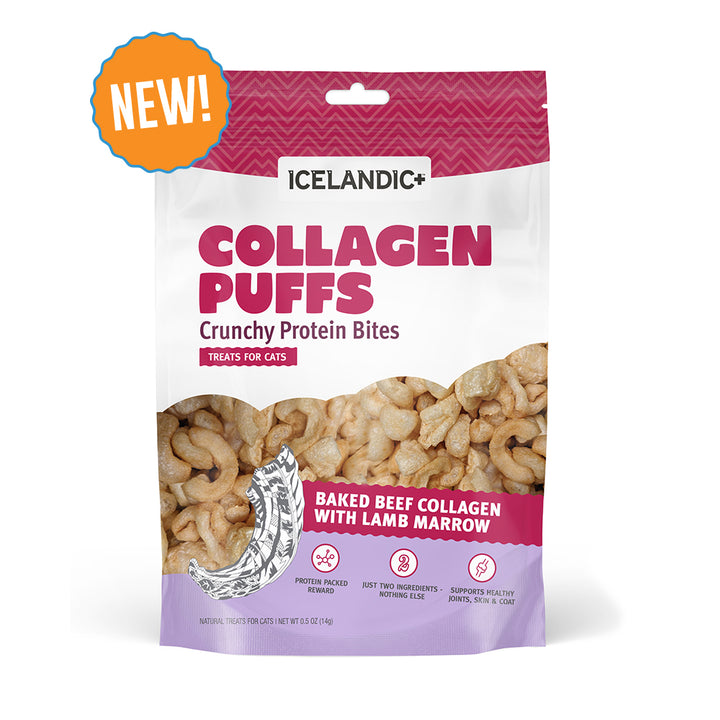 |
| Image credit: Pexels |
As conscientious pet owners, ensuring the optimal health and well-being of our feline companions is paramount. Central to this endeavor is providing appropriate nutrition, tailored to meet their unique dietary requirements. While commercial cat food varieties are readily available, some pet owners may seek to supplement their cat's diet with human foods. However, not all human foods are safe for feline consumption.
Identifying Safe Human Foods for Cats
Salmon, a popular human delicacy, can indeed be a healthy addition to a cat's diet. Rich in omega-3 fatty acids, salmon offers numerous health benefits for cats, including promoting a lustrous coat and supporting cardiovascular health.
Chicken is another safe option, provided it is cooked thoroughly and free from seasonings such as garlic and onion, which can be toxic to cats.
Below is a table listing safe meats to feed cats, along with how to prepare them and their associated health benefits:
| Meat | How to Give It | Health Benefits |
|---|---|---|
| Chicken | Cooked, boneless, skinless, and diced | High-quality protein source, supports muscle growth |
| Turkey | Cooked, boneless, skinless, and shredded | Lean protein, promotes healthy digestion |
| Salmon | Cooked, boneless, skinless, and flaked | Rich in omega-3 fatty acids, supports skin & coat |
| Tuna | Cooked or canned in water, not oil | Good source of protein and essential nutrients |
| Beef | Cooked, lean cuts, and diced | Provides essential amino acids for muscle health |
| Lamb | Cooked, lean cuts, and minced | Rich in iron and zinc, supports overall health |
| Rabbit | Cooked, boneless, and shredded | Low in fat, high in protein, easily digestible |
Remember to always remove bones, skin, and any seasonings before offering these meats to your cat. Additionally, it's important to feed meats in moderation and consult with your veterinarian if you have any concerns about your cat's diet or health.
 |
| Wysong True Non-Thermal Raw Cat Food |
Safe Fruits and Vegetables for Feline Friends
Incorporating fruits and vegetables into your cat's diet can provide essential vitamins and minerals. Blueberries and pumpkin are examples of safe fruits and vegetables that cats can enjoy in moderation. Blueberries are packed with antioxidants, while pumpkin can aid in digestive health. However, it's crucial to ensure that any fruits or vegetables offered to your cat are free from seeds, pits, and potentially harmful substances.
Here's a table listing fruits and vegetables that are safe to feed cats, along with how to give them and their associated health benefits:
| Fruit/Vegetable | How to Give It | Health Benefits |
|---|---|---|
| Blueberries | Fresh, washed, and whole | Rich in antioxidants, supports immune system |
| Pumpkin | Cooked, mashed, and plain | High in fiber, aids in digestion and prevents constipation |
| Sweet Potato | Cooked, mashed, and plain | Good source of vitamins A and C, supports eye health |
| Peas | Cooked, mashed, and plain | Provides vitamins and minerals, supports overall health |
| Green Beans | Steamed or boiled, chopped | Low in calories, high in fiber, promotes digestive health |
| Carrots | Cooked, mashed, and plain | Rich in beta-carotene, supports eye health |
| Spinach | Cooked, chopped, and plain | High in iron and vitamins, supports overall health |
Always ensure that fruits and vegetables are prepared properly, free from seeds, pits, and any seasonings or additives. Introduce new foods gradually and monitor your cat for any adverse reactions. Consult with your veterinarian before making significant changes to your cat's diet.
 |
| Darwin's Natural Selections Cat Meals |
Dairy Delights: Proceed with Caution
Contrary to popular belief, not all cats can tolerate dairy products. While some cats may enjoy a small amount of cheese or plain yogurt, others may experience digestive upset due to lactose intolerance. It's essential to introduce dairy products to your cat's diet gradually and monitor for any adverse reactions.
Here's a table listing dairy products that are safe to feed cats, along with how to give them and their associated health benefits:
| Dairy Product | How to Give It | Health Benefits |
|---|---|---|
| Plain Yogurt | Plain, unsweetened, and in small amounts | Contains probiotics, supports digestive health |
| Cottage Cheese | Plain, low-fat, and in small amounts | High in protein, aids in muscle maintenance |
| Hard Cheese | Plain, low-fat varieties, and in small amounts | Good source of calcium and protein |
| Kefir | Plain, unsweetened, and in small amounts | Contains beneficial bacteria, supports gut health |
When offering dairy products to your cat, ensure they are plain, unsweetened, and free from any additives or flavorings. Introduce dairy products gradually and monitor your cat for any adverse reactions, such as diarrhea or vomiting. Some cats may be lactose intolerant, so it's essential to observe their tolerance levels.
 |
| Raw Paws Signature Wild-Caught Ground Venison for Dogs & Cats |
The Importance of Moderation
When incorporating human foods into your cat's diet, moderation is key. While certain foods may be safe for occasional consumption, excessive intake can lead to nutritional imbalances and health issues. Additionally, it's essential to consult with your veterinarian before making any significant changes to your cat's diet, especially if they have underlying health conditions or dietary restrictions.
If your cat experiences an allergic reaction to food, it's essential to take prompt action to ensure their health and well-being. Here's what to do in the event of a suspected allergic reaction:
Identify Symptoms: Common signs of a food allergy in cats may include vomiting, diarrhea, itching or scratching, skin rashes or redness, swelling of the face or paws, sneezing, coughing, or difficulty breathing. If you notice any of these symptoms after feeding your cat a particular food, it's crucial to act quickly.
Stop Feeding the Suspected Food: Immediately stop feeding your cat the food you suspect may be causing the allergic reaction. This includes any treats, table scraps, or new foods you may have introduced recently.
Provide Fresh Water: Offer your cat fresh, clean water to drink. Hydration is essential, especially if vomiting or diarrhea is present.
Monitor Your Cat: Keep a close eye on your cat's symptoms and monitor their condition closely. If the symptoms are mild and resolve on their own, it may not be necessary to seek immediate veterinary care. However, if the symptoms worsen or persist, or if your cat shows signs of severe distress or difficulty breathing, seek veterinary attention immediately.
Consult with Your Veterinarian: If your cat's allergic reaction is severe or if symptoms persist, it's crucial to consult with your veterinarian. They can provide guidance on managing the allergy and may recommend allergy testing or dietary changes to identify and avoid the trigger food.
Consider Allergy Testing: In cases of severe or recurrent food allergies, your veterinarian may recommend allergy testing to identify specific allergens. This can help you avoid feeding your cat foods that trigger allergic reactions in the future.
Follow Your Veterinarian's Recommendations: Follow any dietary recommendations or treatment plans prescribed by your veterinarian to manage your cat's food allergies effectively. This may include switching to hypoallergenic or prescription diets designed for cats with food sensitivities.
By taking swift action and working closely with your veterinarian, you can help alleviate your cat's allergic reactions and ensure their long-term health and well-being.
 |
| Beef Collagen Puffs with Marrow Treats for Cats |
Final Thoughts
In conclusion, while it's possible to incorporate human foods into your cat's diet, it's crucial to do so responsibly and with careful consideration of their nutritional needs and safety. By selecting appropriate foods and offering them in moderation, you can enhance your cat's diet and overall well-being. Remember to prioritize your cat's health above all else and consult with your veterinarian for personalized dietary recommendations.
@nolacrazycatlady #CapCut #cats #cat #catsoftiktok ♬ You Belong With Me (Taylor’s Version) - Taylor Swift



.jpg)







0 Comments